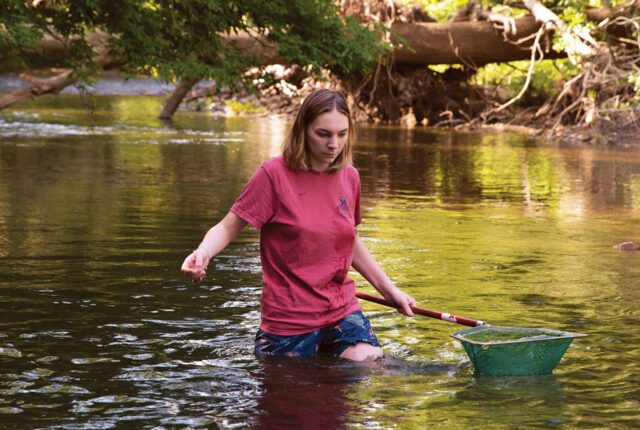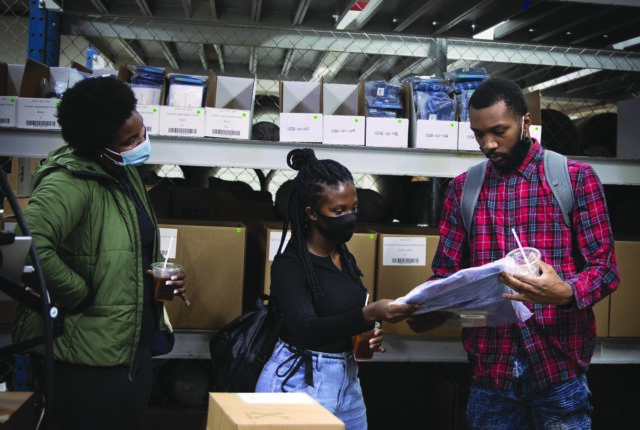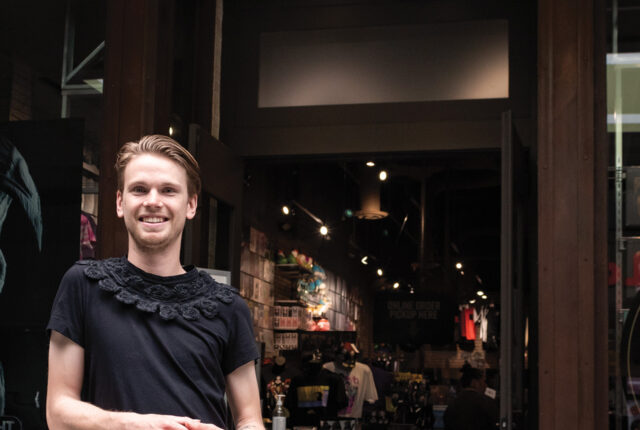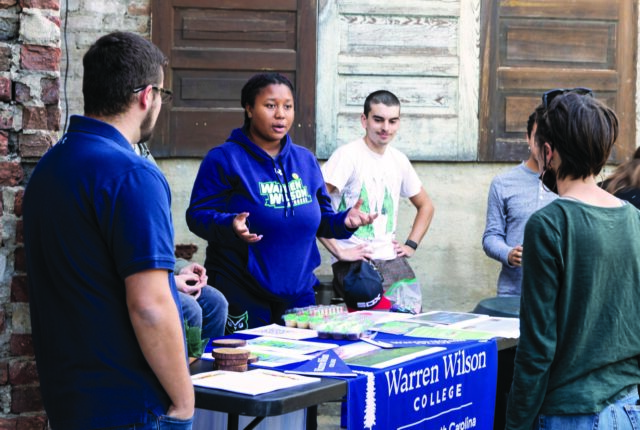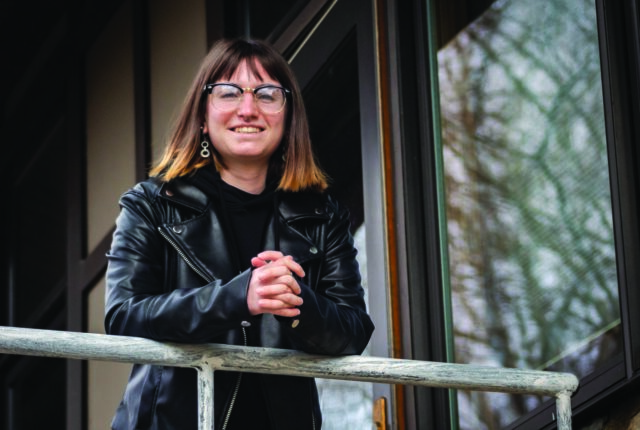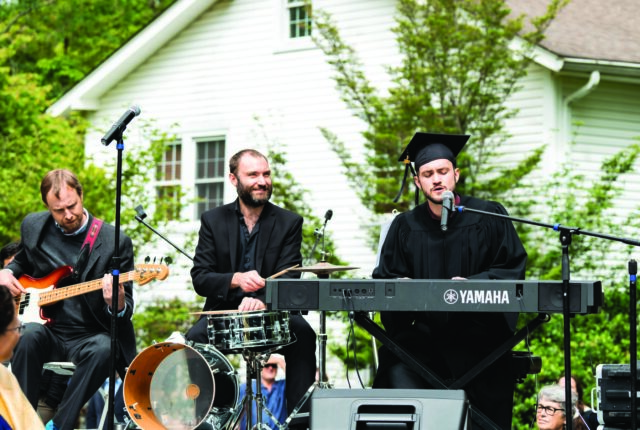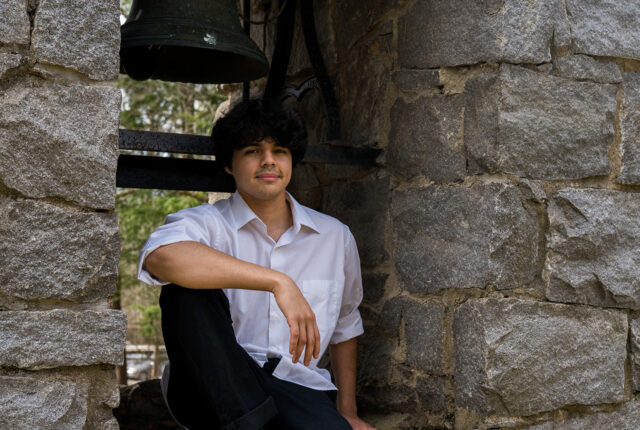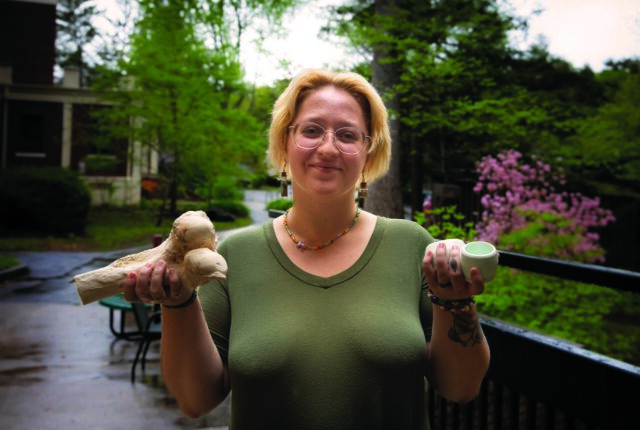Warren Wilson College graduates don’t say they learned how to do it. They say they’ve already done it. Across their transitions from first-year students to graduates, students learn experientially. And this experiential education happens not only on work crews and community engagement opportunities, it is infused into every part of students’ time at Warren Wilson, from their First Year Seminars to their Capstone Projects.
By Mary Bates and Melissa Ray Davis ’02
This story was published in the 2022 Owl & Spade Magazine
